Informações
Sinopse:
Duração: 00h00m
Data de lançamento: 01 de janeiro de 2006
Genêros: Documentário.
Elenco: Nicolas Vanier,
(3 votos)
?
?
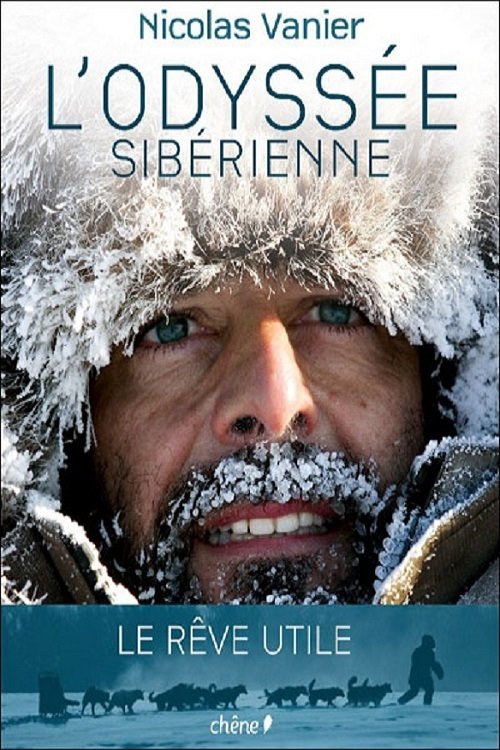
Sinopse:
Duração: 00h00m
Data de lançamento: 01 de janeiro de 2006
Genêros: Documentário.
Elenco: Nicolas Vanier,
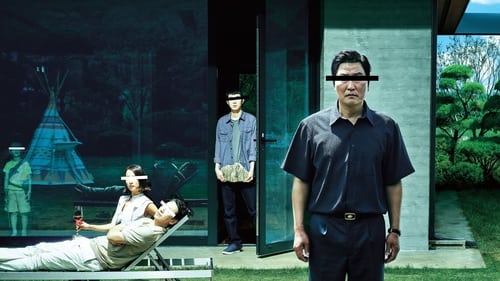
Toda a família de Ki-taek está desempregada, vivendo num porão sujo e apertado. Uma obra do acaso faz com que o filho adolescente da família comece a dar aulas de inglês à garota de uma família rica. Fascinados com a vida luxuosa destas pessoas, pai, mãe, filho e filha bolam um plano para se infiltrarem também na família glamorosa, um a um. No entanto, os segredos e mentiras necessários à ascensão social custarão caro a todos.
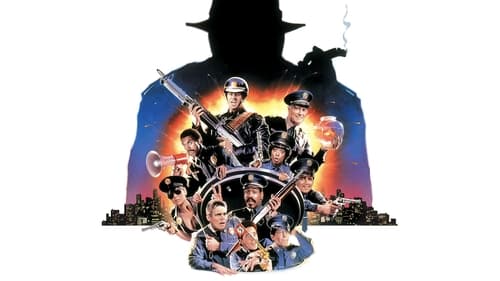
Esse louco grupo de policiais é chamado para uma missão: Acabar com uma gangue que rouba bancos e joalherias. Usando o talento para trapalhadas de cada um deles, eles enfrentarão o bando de criminosos. Sob a falsa suspeita de que algum espião esteja infiltrado em seu Distrito Policial, o capitão Harris contribui para que a situação se agrave ainda mais.

Duas histórias de crimes se cruzam em Hong Kong. Um frio assassino de aluguel quer finalmente deixar o mundo da violência, o que não agrada sua parceira que está secretamente apaixonada por ele. Enquanto isso, um ex-recluso mudo encontra repetidamente uma mulher durante suas noites de caos.
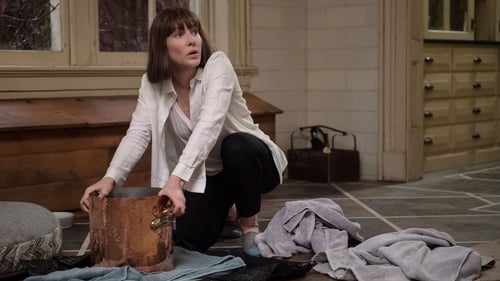
Antes de viajar com sua família para a Antártica, uma arquiteta que sofre de agorafobia - o medo de estar em lugares abertos ou em meio à multidões - some sem deixar pistas para trás. Sua filha, então, através de emails, sessões com sua psicóloga, cartas e outros documentos, tenta descobrir para onde sua mãe foi e quais foram as razões de seu desaparecimento.

Inverno de 1968. Com a carreira em baixa, Judy Garland (Renée Zellweger) aceita estrelar uma turnê em Londres, por mais que tal trabalho a mantenha afastada dos filhos menores. Ao chegar ela enfrenta a solidão e os conhecidos problemas com álcool e remédios, compensando o que deu errado em sua vida pessoal com a dedicação no palco.
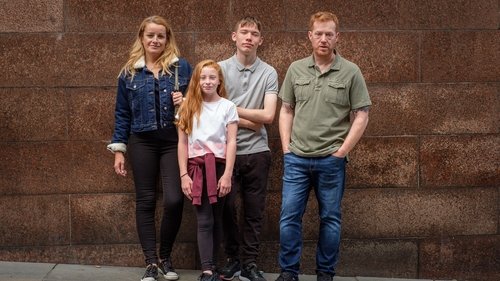
Ricky e a sua família lutam arduamente contra as dívidas desde o colapso financeiro de 2008. A certa altura, Ricky tem uma oportunidade de recuperar alguma independência com um furgão e a possibilidade de ter o seu negógio de entregas por conta própria. É um trabalho duro, mas o emprego da mulher como cuidadora não é mais fácil. A família é forte, mas quando ambos são empurrados em sentidos diferentes, o ponto de ruptura torna-se iminente.
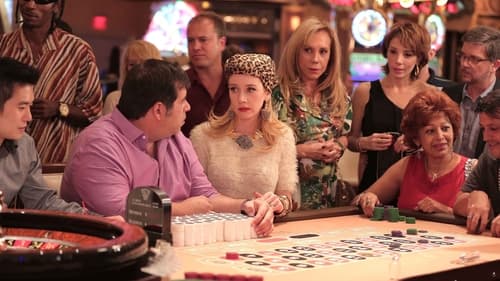
Três anos depois, Tino (Leandro Hassum) e Jane (Camila Morgado) estão mais uma vez em dificuldades financeiras. O saldo bancário do casal é salvo graças ao inesperado falecimento de tio Olavinho, que deixou uma herança de R$ 100 milhões a ser dividida igualmente entre Jane e sua mãe, Estela (Arlete Salles). Como o último desejo do tio foi que suas cinzas sejam jogadas no Grand Canyon, Tino aproveita para levar a esposa e dois de seus filhos para conhecer Las Vegas. Entretanto, ele se empolga com a jogatina de um cassino e perde todo o dinheiro ganho por Jane na mesa de pôquer. Para piorar a situação, ainda fica devendo US$ 10 milhões a um capanga da máfia mexicana (Charles Paraventi), que deseja receber o dinheiro a todo custo.

Peter Parker está em uma viagem de duas semanas pela Europa, ao lado de seus amigos de colégio, quando é surpreendido pela visita de Nick Fury. Convocado para mais uma missão heroica, ele precisa enfrentar vários vilões que surgem em cidades-símbolo do continente, como Londres, Paris e Veneza, e também a aparição do enigmático Mysterio.